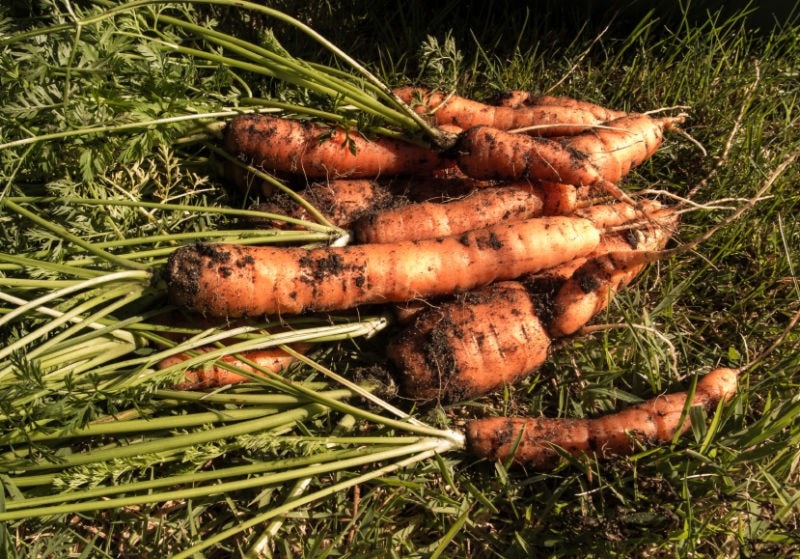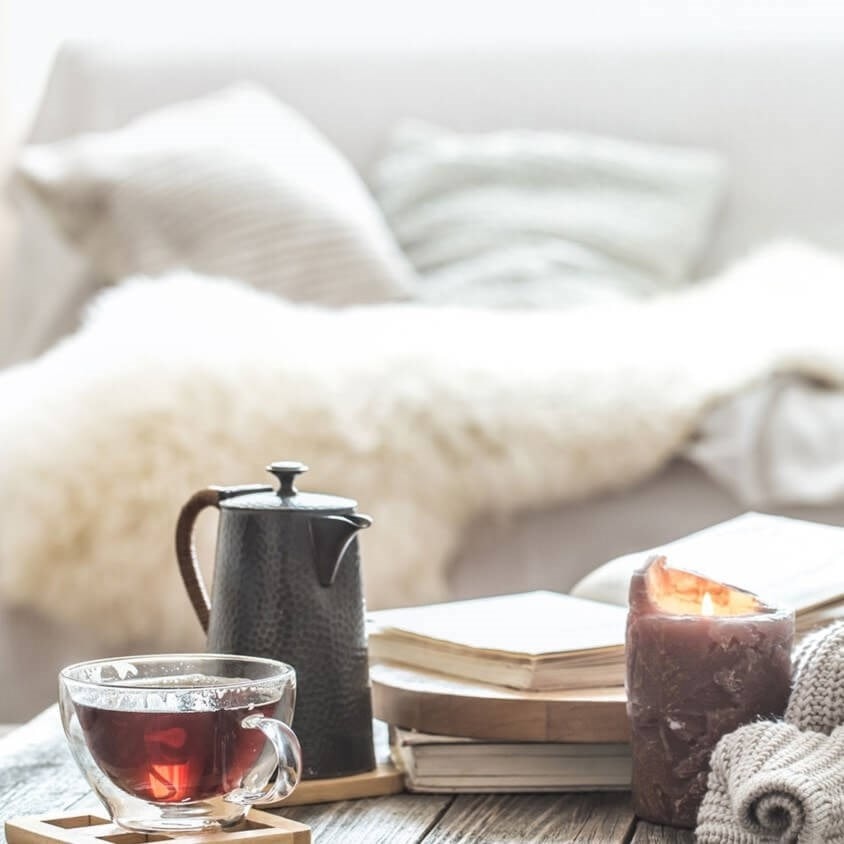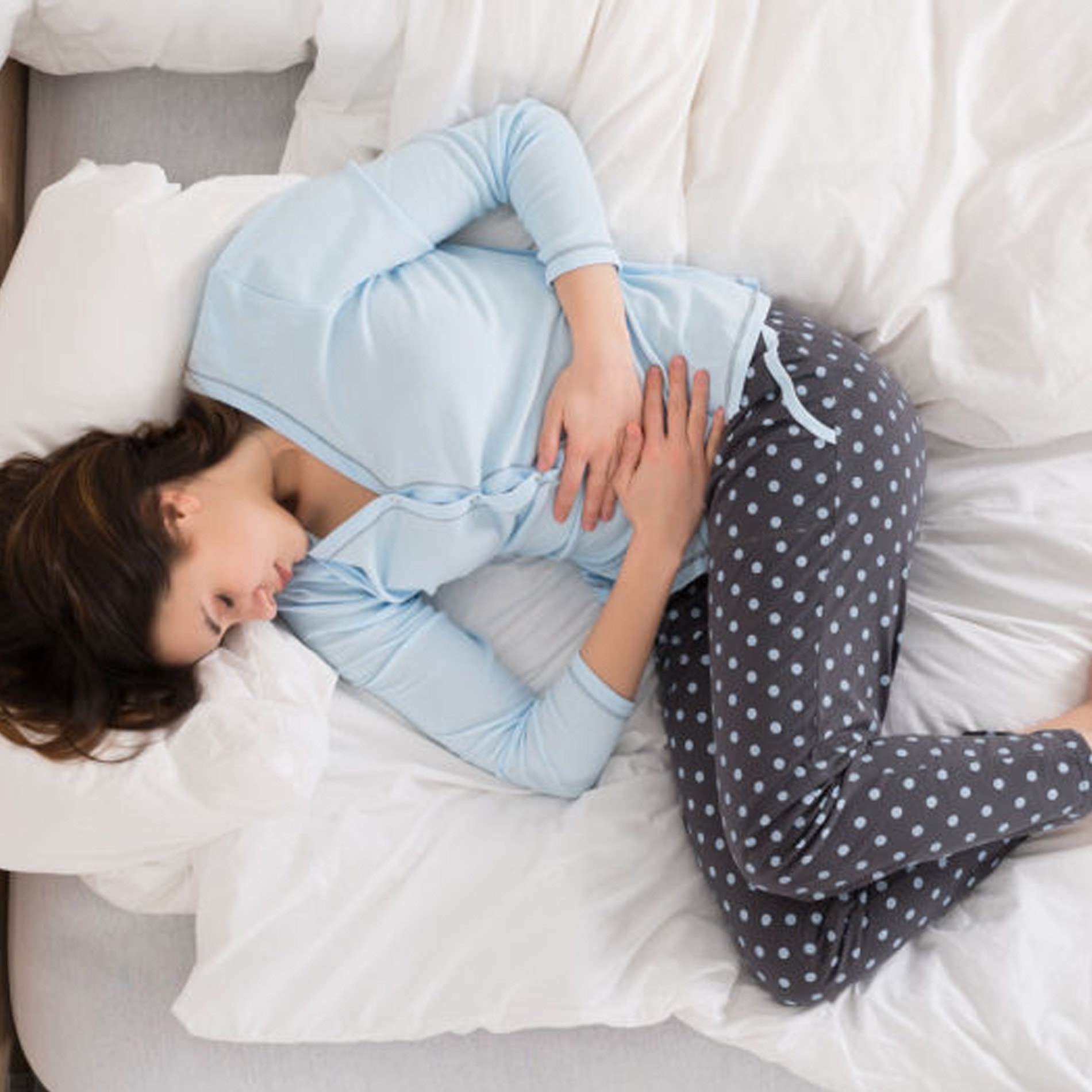- About Us
-
Help
Free 1:1 supplement advice
Not sure which supplement is right for you? Book a free, 15 minute telephone call with one of our nutritional experts.
Book your free consultationGet in touch (Mon to Fri, 9am - 5pm)
Customer Service: +44 (0) 1264 339 770
Order Enquiries: +44 (0) 1264 363 193
Contact us - Stockists
You are on the UK site
Hello US customer, you are currently shopping on the UK site. To ensure you are charged in the correct currency and receive accurate shipping costs, please switch to the US website and re-add your product to your basket.
You're away from FREE UK delivery Free UK delivery (applied at checkout) on orders over £10.00
You have qualified for Free UK delivery
Press & Awards
Optibac recommended by Red magazine
‘Vitamin Dirt’! That’s a new name for gut bacteria and I rather like it! In fact, as a Nutritional Therapist, I rather liked the whole article on gut bacteria in this month's Red magazine which, in my opinion gave well rounded, sound advice. Of course the fact that it recommended our brand of live cultures also rather pleased me!

This article by Brigid Moss discussed how important it is to keep our gut bacteria as diverse as possible. Professor Tim Spector, Professor of Genetic Epidemiology at King’s College London, author of The Diet Myth: The Real Science Behind What We Eat, and lead investigator of the British Gut Project, states that:
"What you want in your gut bugs...is diversity. What most of us have got - due to sanitisation, antibiotic overuse, processed food, indoor lives - is the opposite."
The issue here in our modern life is our relatively recent obsession with all things anti-bacterial. We have anti-bacterial soaps, wipes, creams, sprays, even toothpaste. We panic about mud on our children’s hands, and of course all too often are prescribed anti-bacterial ‘bombs’ when we are ill. We even either bleach, or put poison on our vegetables. This is often called the ‘hygiene hypothesis’. Our lifestyle has been about reducing our bacterial load, when actually what we really need it to increase it.
This article lists lots of easy and natural ways in which to naturally boost your diversity of gut bacteria. First and foremost it reminds us of the value of our outdoor environment. Dr Axe, the author of Eat Dirt, has renamed earth as ‘Vitamin Dirt ‘due to it teeming with microbial life, which in actual fact is essential for the diversity of our microbiome.
"...we need around 500mg of earth a day...'the same amount your average child consumes when playing outdoors.'"

The dirt on our vegetable may actually be good for us in tiny amounts
Also on the list was to "eat more plants". Your gut bacteria feed on fruit and vegetable fibre so getting as much of this as possible will nurture your gut microbiome. Eat the ‘stalky’ bits and vary your veggies as much as possible. Exercising also affects the richness of the gut microbes by driving blood flow to the gut. And of course cooking from scratch avoids preservatives, sugars and emulsifiers which all destroy gut microbes.
Of course I am not going to omit to mention that taking a daily live cultures supplement was high up on the list. Spector suggests:
"'Buy a reputable make...' For example...Optibac."
The importance of the microbiome is a growing area of research. The British Gut Project is just a small part of the huge global Human Microbiome Project. As Spector says,
"Not only is the microbiome essential for your immune system and digestion but differences between people’s microbes explain why some people get fat, why some get allergies or immune problems and a whole range of chronic diseases including diabetes and heart disease, even mental health conditions..."
Yet diversity has been falling steadily for the last 40 years. Interesting how this is now becoming a well known issue. Only just last month we were mentioned in Vogue magazine in an article which also explained the importance of our gut bacteria, and specifically how our increased hygiene has indeed been damaging this. Could dirt indeed actually be the vitamin we all need?
See more of Optibac in the press:
.png?lang=en-GB)



